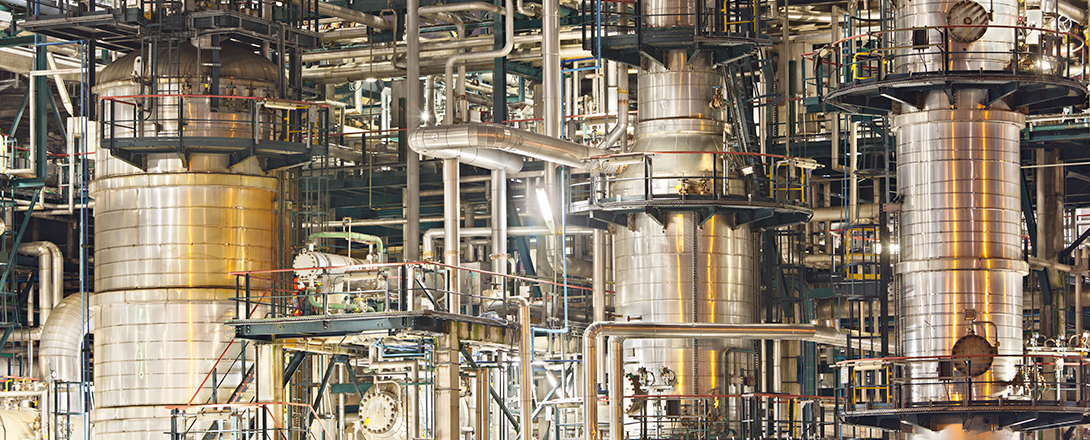The use of friction modifiers in gasoline and diesel fuels offers numerous benefits that can significantly improve the performance of internal combustion engines while also contributing to a more sustainable and eco-friendly future. By incorporating these boundary lubricant additives into fuel formulations, it is possible to minimize the light surface contacts between two surfaces of equipment, resulting in reduced frictional losses and enhanced engine efficiency. Some of the key advantages of using friction modifiers in gasoline and diesel fuels include:
Improved Fuel Economy: As friction modifiers reduce the friction between moving engine components, they help to lower the amount of energy wasted in overcoming this resistance. This, in turn, leads to more efficient energy conversion and improved fuel economy, allowing vehicles to travel greater distances on the same amount of fuel.
Reduced Emissions: By enhancing fuel efficiency, friction modifiers also contribute to a decrease in greenhouse gas emissions, particularly carbon dioxide (CO2). With lower fuel consumption, vehicles emit fewer pollutants, thus reducing their environmental impact and helping to meet increasingly stringent emission standards.
Enhanced Engine Performance: The reduction in friction facilitated by friction modifiers also results in smoother engine operation, which can lead to improved performance characteristics such as better acceleration and more responsive handling. This ultimately translates to a more enjoyable driving experience.
Extended Engine Life: Friction modifiers help to minimize wear and tear on engine components by reducing the contact between surfaces during operation. This can lead to a longer service life for the engine, reducing maintenance costs and prolonging the overall lifespan of the vehicle.
Compatibility with Modern Engines: Friction modifiers are designed to be compatible with advanced engine technologies, including direct-injection systems and turbochargers. This ensures that these additives can be used effectively in modern gasoline and diesel engines, delivering the same performance benefits across a wide range of vehicle types.
In summary, the incorporation of friction modifiers into gasoline and diesel fuels presents significant advantages in terms of fuel efficiency, emissions reduction, engine performance, and component longevity. By utilizing these innovative additives, both vehicle manufacturers and end-users can benefit from the enhanced engine operation and environmental sustainability that friction modifiers provide.


